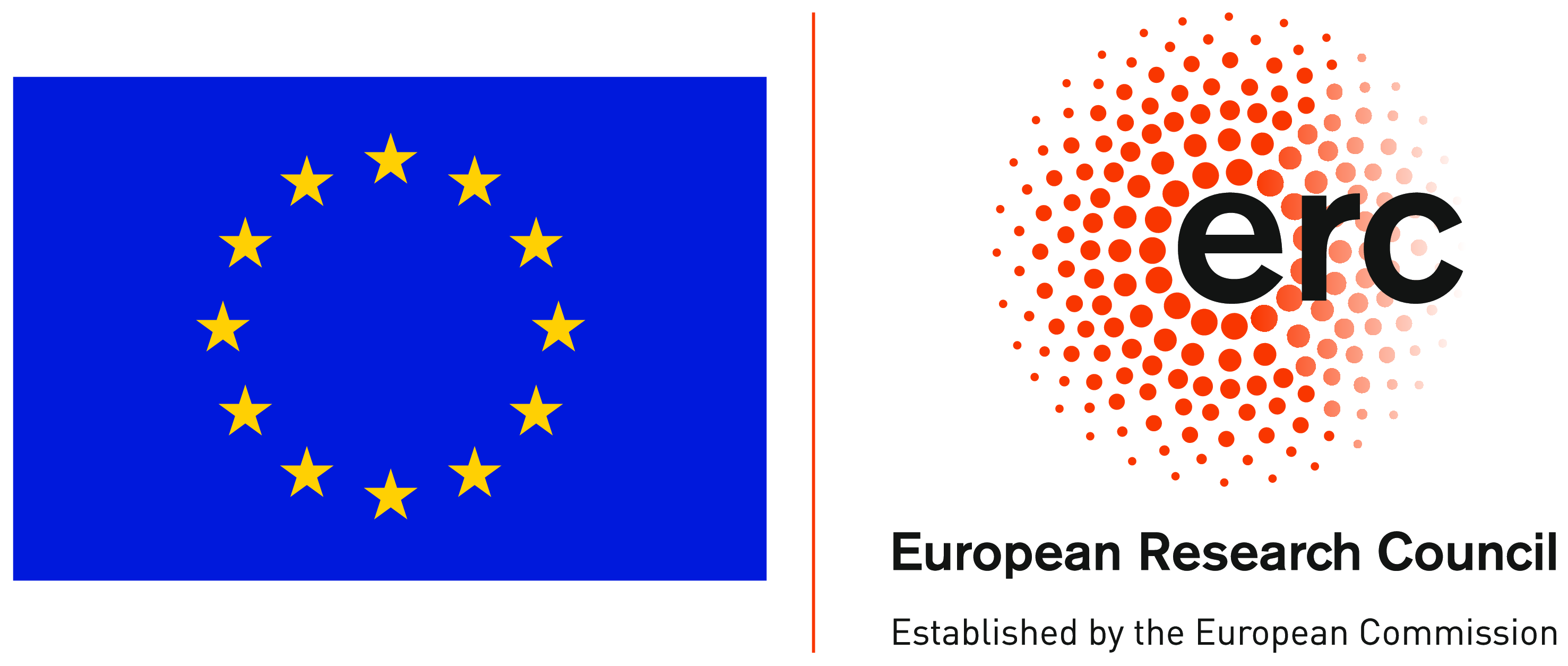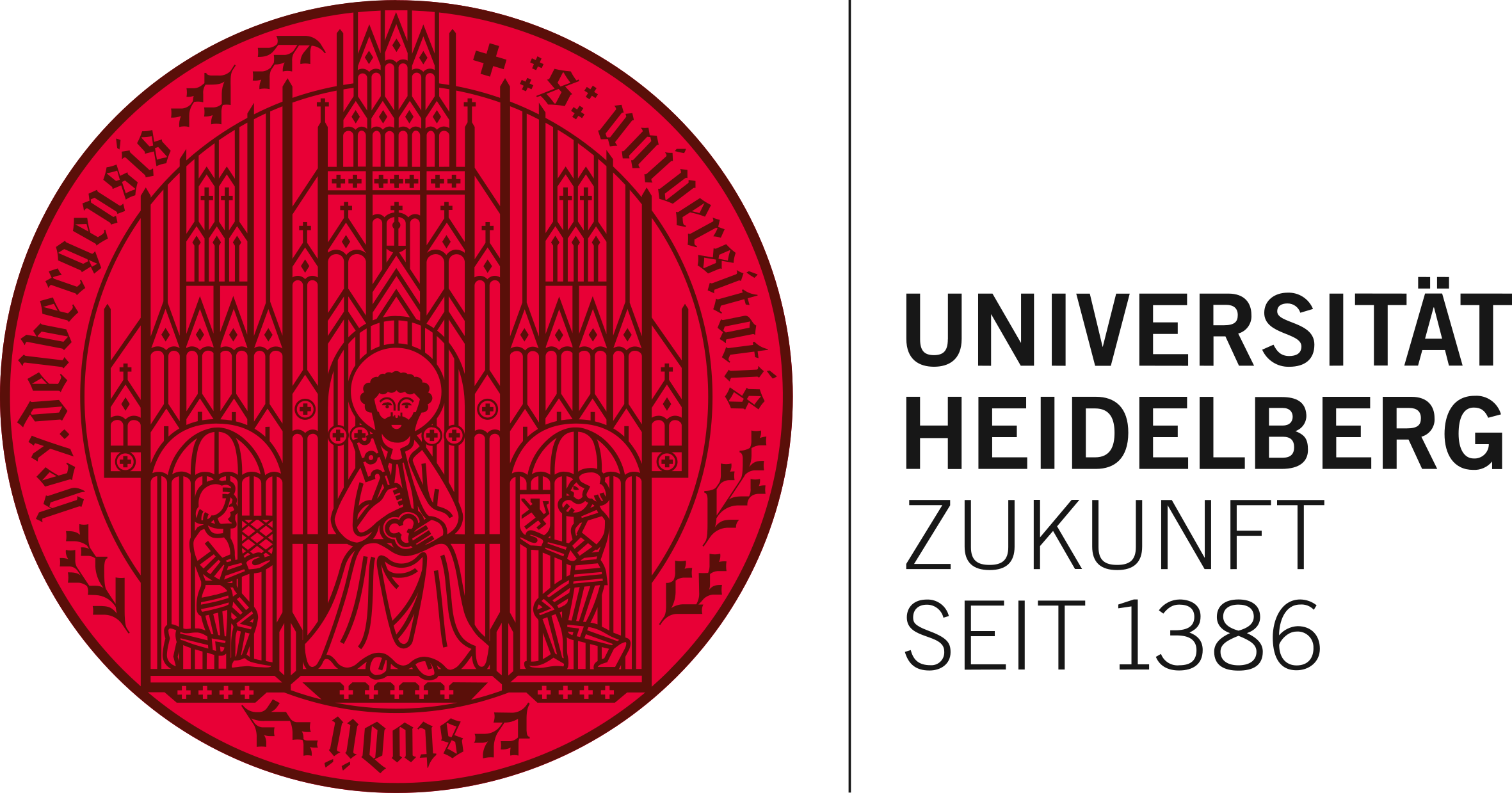About the project
Decoding Context-Dependent Genetic Networks in vivo
The evolutionary success of multicellular organisms is based on the division of labor between cells. While some of the molecular determinants for cell fate specification have been identified, a fundamental understanding of which genetic activities are required in each cell of a developing tissue is still outstanding. The DECODE project is developing and applying leading-edge system genetics methods to Arabidopsis and Drosophila, two major model systems from the plant and animal kingdoms to decode context-dependent genetic networks in vivo.
To achieve this, DECODE brings together experimental and theoretical groups with complementary expertise in model organism genetics and cellular phenotyping, single-cell genomics, statistics and computational biology. Building on our combined expertise, we create functional genetic maps using conditional CRISPR/Cas9-based single- and higher order knockout perturbations in vivo combined with single-cell expression profiling and imaging. Coupled with powerful computational analysis, this project will not only define, predict and rigorously test the unique genetic repertoire of each cell, but also unravel how genetic networks adapt their topology and function across cell types and external stimuli. Consequently, we expect that the DECODE project in model organisms will lay the conceptual and methodological foundation for perturbation-based functional atlases in other tissues or species.
The DECODE project is supported by the European Research Council.





